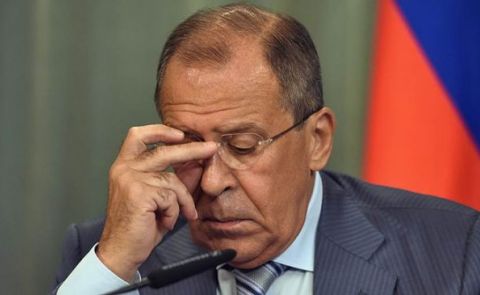
Russia and US Comment on Recent Situation in Karabakh
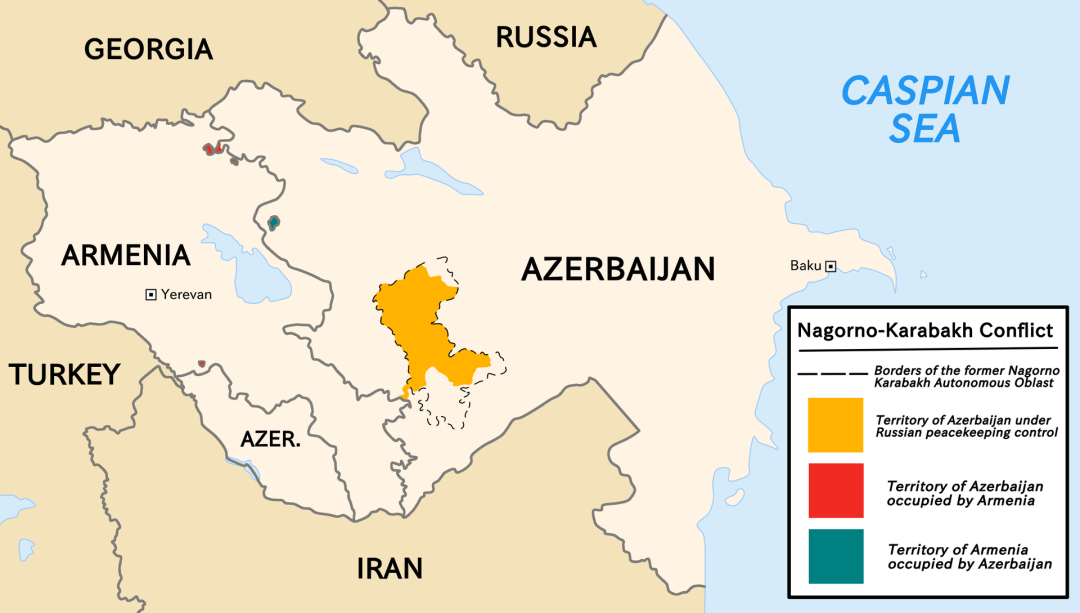
Remarks from the Russian side
At a briefing held on March 23, Maria Zakharova, the official representative of the Russian Foreign Ministry, said that for the Armenian government's request for an international mission in Karabakh to be realized, both parties, both Azerbaijan and Armenia, must agree.
"For the placement of any new mission, the consent of both Yerevan and Baku is required. I don't see that at the moment," she said. Zakharova recalled that the parties signed the document on the Russian peacekeeping mission in Karabakh two and a half years ago: "According to the tripartite statement of the three countries' leaders dated November 9, 2020, a Russian peacekeeping mission has been deployed in Karabakh. Our peacekeepers are making consistent efforts to ensure stability in the region and prevent escalation."
The representative of the Russian Ministry of Foreign Affairs called Yerevan and Baku to implement the tripartite declarations without words: "Much depends on the political will and real intention of the parties to settle the remaining disagreements and search for a solution. They must adhere to all tripartite agreements that provide a road map for the normalization of Armenia-Azerbaijani relations."
Zakharova said that the rise of hostile rhetoric in the region and the increase of incidents in Karabakh worries Moscow: "We are really worried about the rise of hostile rhetoric and the increase of incidents in Nagorno-Karabakh, the parties' unwillingness to find a compromise around the Lachin corridor." The representative of the Russian Foreign Ministry said that Moscow remains committed to the peace process. He called on the parties to show restraint: "We call on the parties to be restrained in their statements and actions, to resume negotiations on all aspects of the normalization of relations between Armenia and Azerbaijan, including the opening of transport communications, delimitation of the border, preparation of a peace agreement, meetings of the public and parliamentarians."
Maria Zakharova also expressed her opinion about the mission of the EU in Armenia: "We do not see the added value of the West's participation in settlement of the conflict. After all, they had to prove themselves to something. After all, we do not see the successes brought by their activities, they simply do not exist."
Remarks from the US side
On the same day, US Secretary of State Antony Blinken said that Armenia and Azerbaijan might soon reach a peace agreement.
"I’ve been very engaged on seeing what we can do to help Armenia and Azerbaijan come to a peace agreement that normalizes the relationship between them, as well as deal with obviously the rights and protections for the Armenian ethnics in Nagorno-Karabakh, dealing with border delimitation, etcetera," he added. "And I think there's an opportunity; I don't want to exaggerate it, but an opportunity actually to bring a peace agreement to fruition. I had Prime Minister Pashinyan and President Aliyev together in Munich at the Security Conference. I had the Foreign Ministers here in Washington, and I expect that they'll come back; we worked on a text, and this is not something that we are imposing on Armenia, we are answering the strong desire expressed by Armenia to see if we can help them reach an agreement which would end, at least in many ways, thirty plus years of conflict," Secretary Blinken stated.
Blinken added that he has been pressing Azerbaijan to re-open the Lachin Corridor. "I am pressing on Azerbaijan, including as recently as this week, to re-open that corridor. We are working on that."
Antony Blinken concluded, "I do think there is without exaggeration a moment of opportunity that would profoundly be in the interests of the people of Armenia, as well as Azerbaijan."
See Also

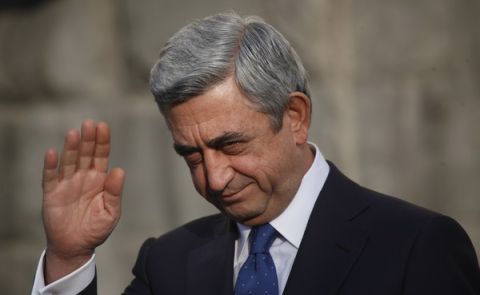
Serzh Sargsyan Rejects Charges, Backs Impeachment, and Warns of Secret Deals
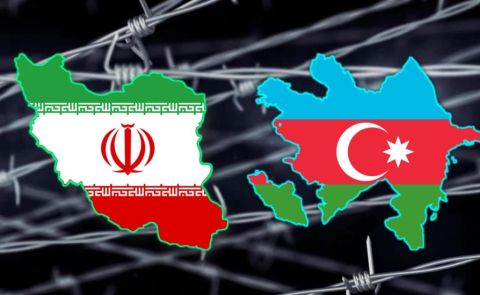
Azerbaijan Confirms Execution of Terrorist Behind Embassy Attack in Iran
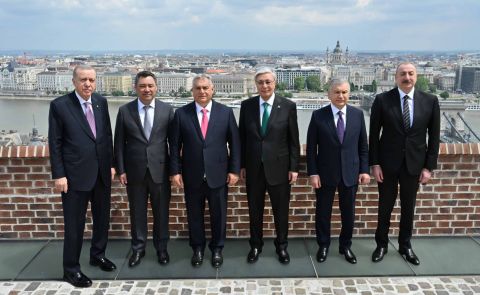
Turkic Leaders Adopt Budapest Declaration, Emphasizing Peace, Trade, and Digital Connectivity
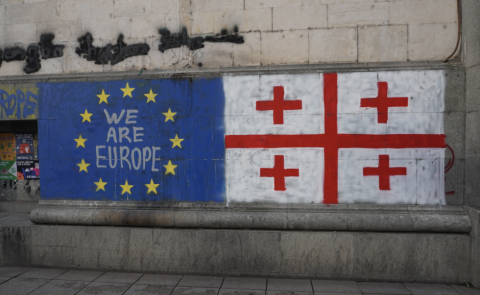
International Officials Criticize Georgian Dream Amid Democratic Concerns

